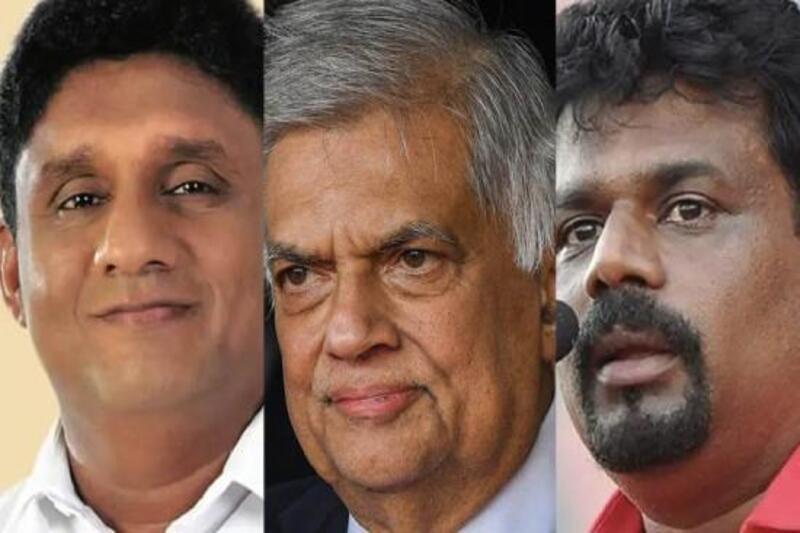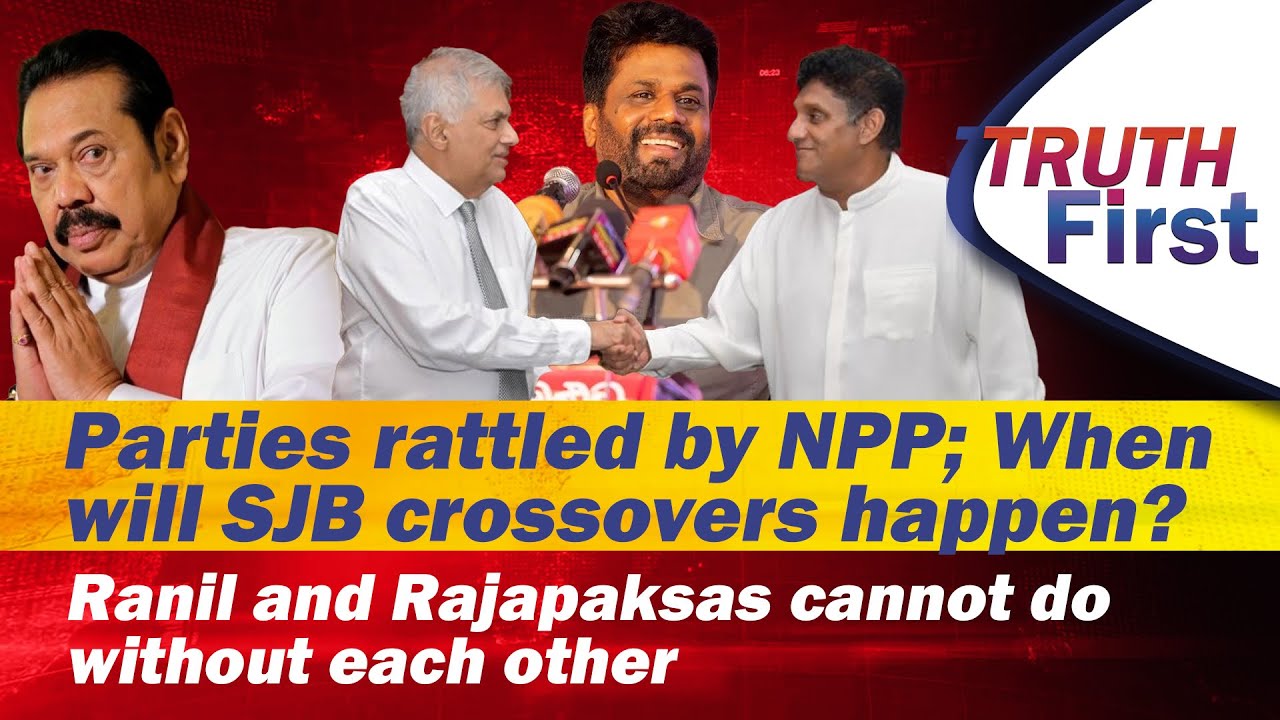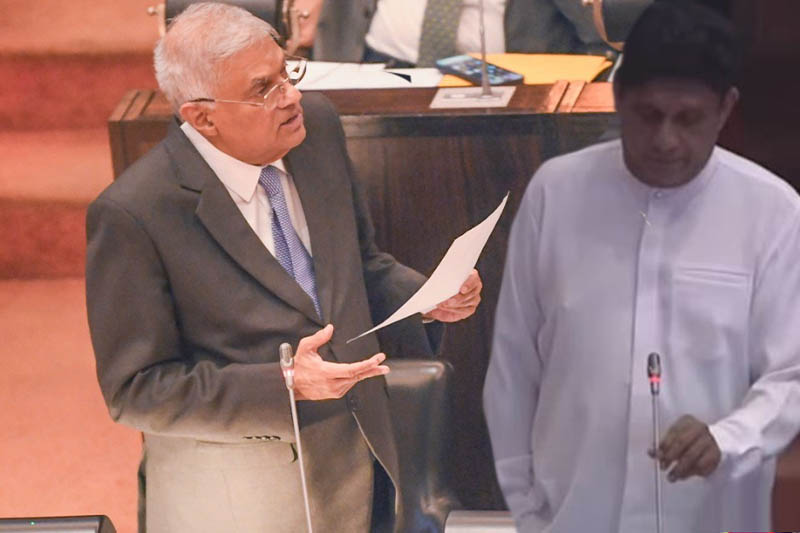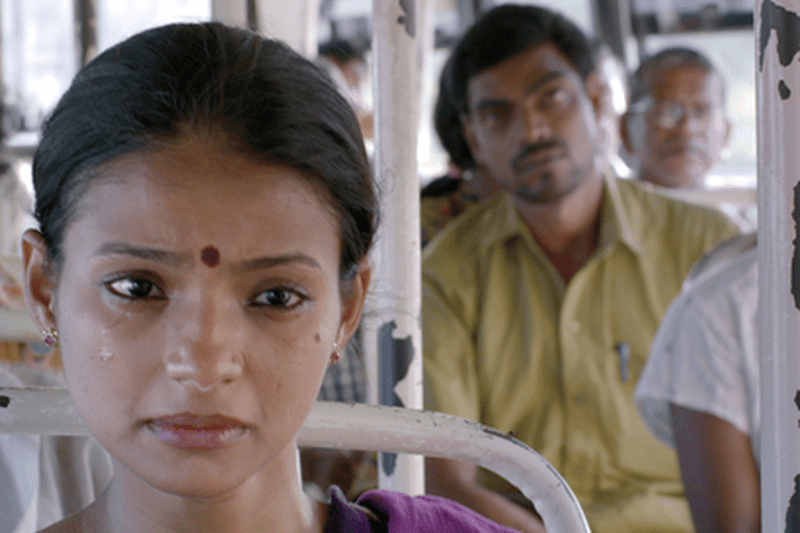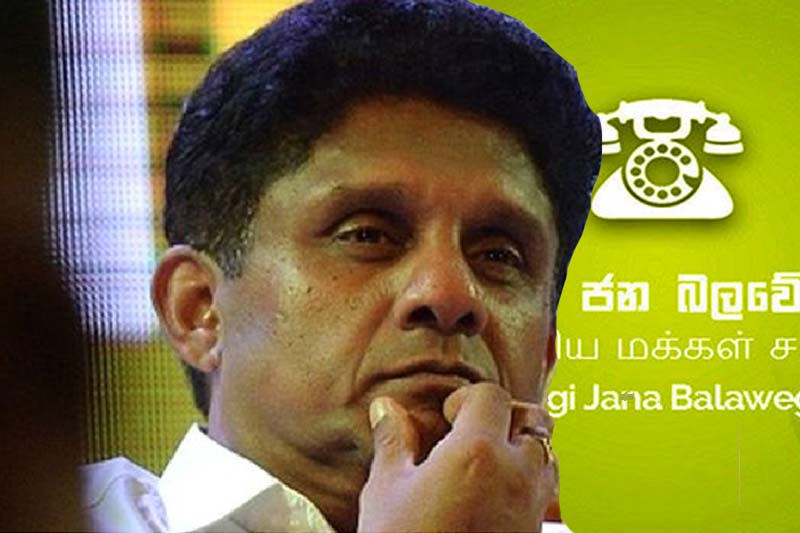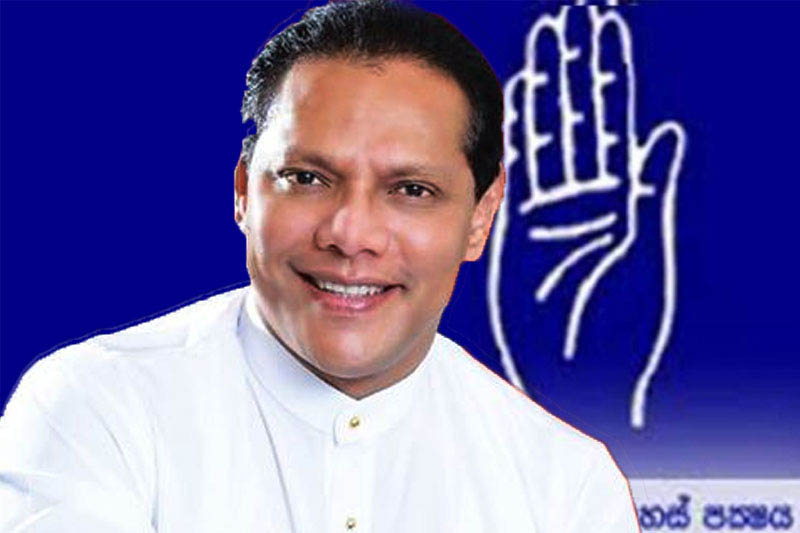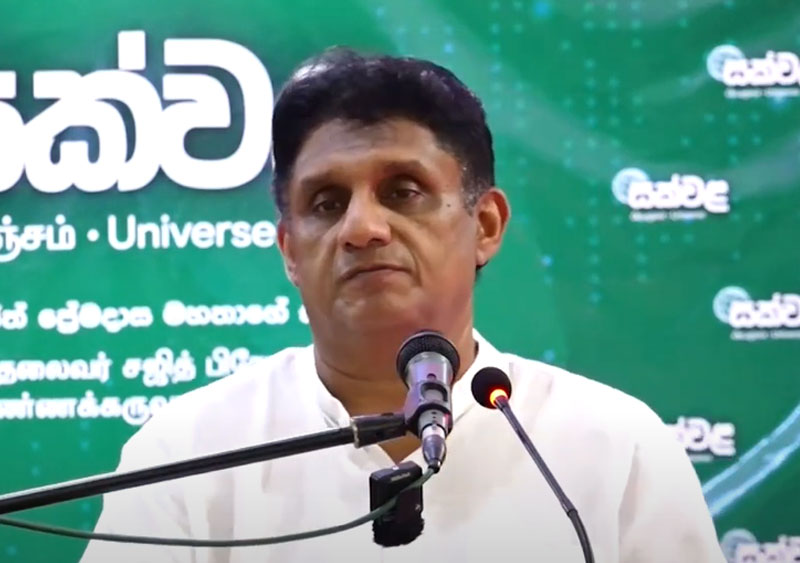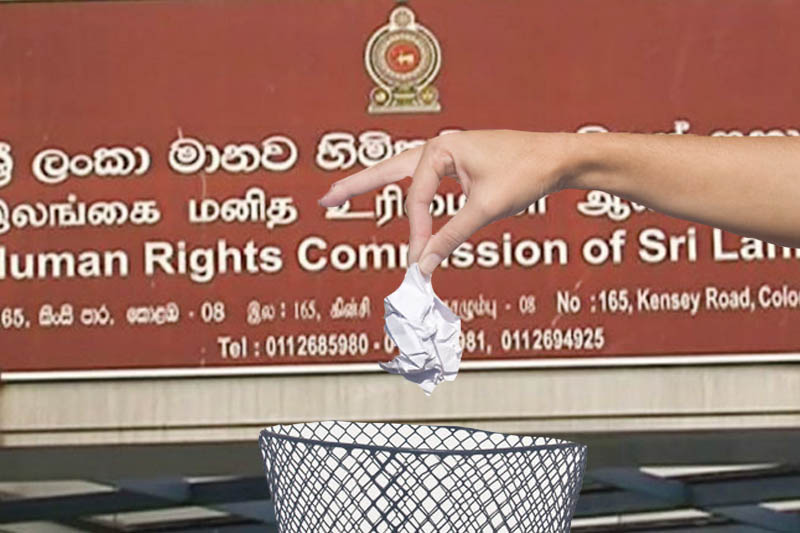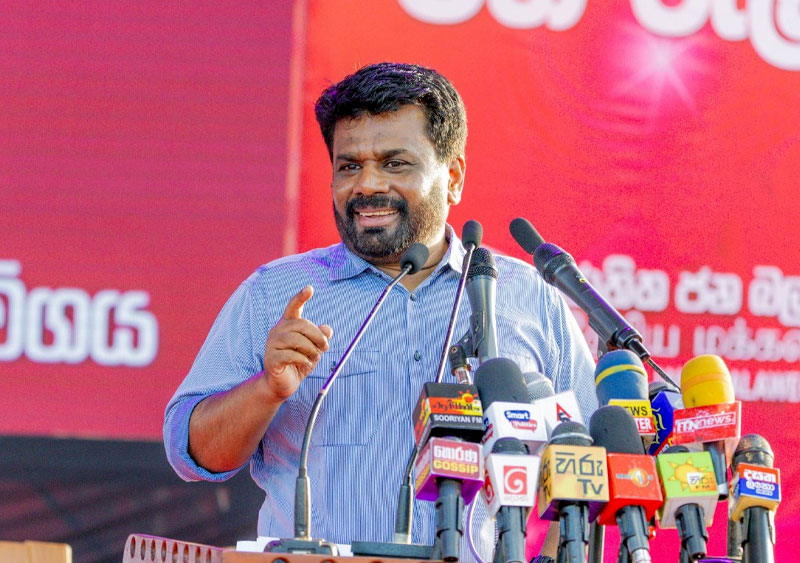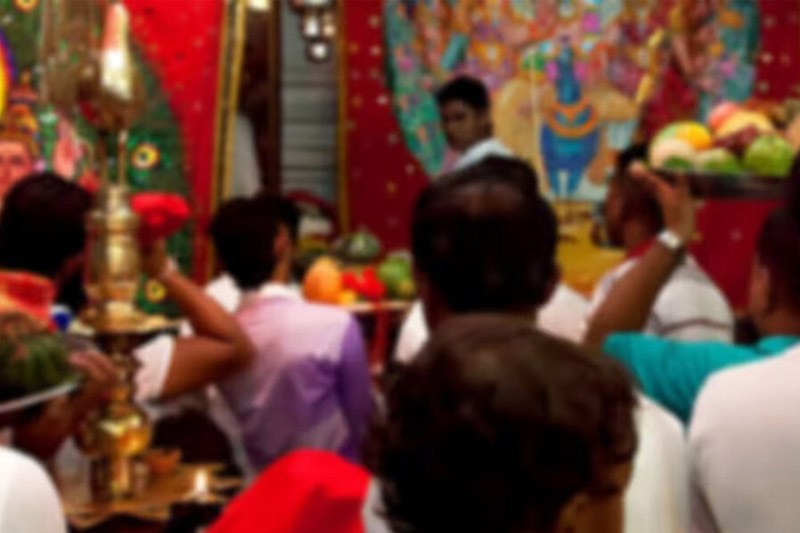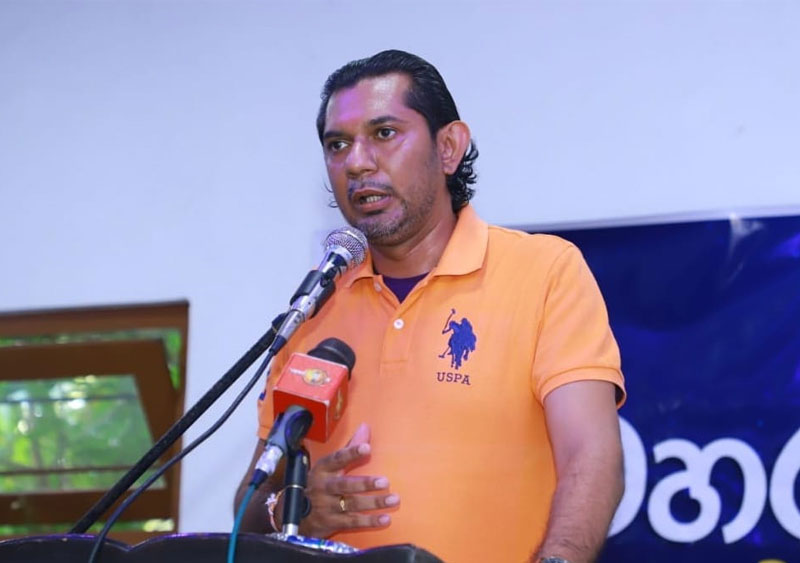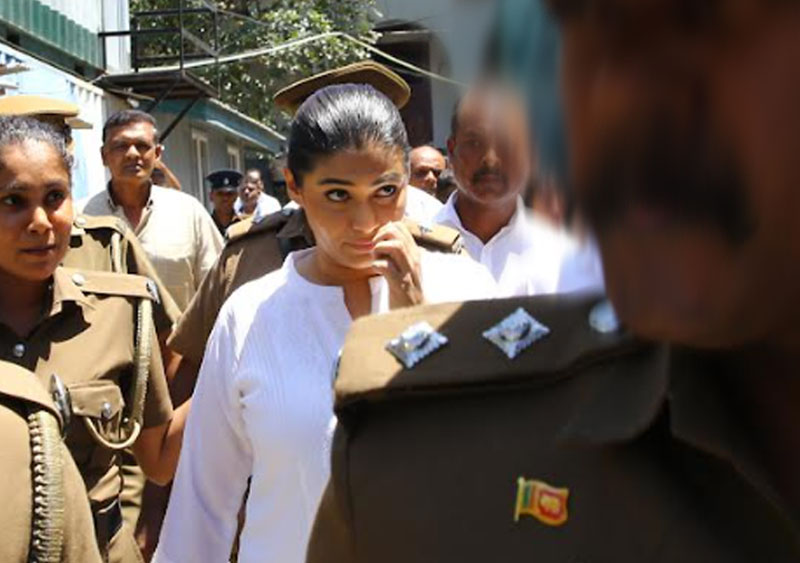"He who plots to deceive will always find someone willing to be deceived." — Niccolò Machiavelli
President Ranil Wickremesinghe, known as the "21st Century Fox" for his political cunning, is manipulating the electoral landscape by covertly supporting the communist candidate Anura Kumara Dissanayake to undermine his rival, Sajith Premadasa, and position himself as the future opposition leader.
However, this strategy mirrors the fatal error of Russian Prime Minister Alexander Kerensky, who trusted the communists and paid the ultimate price. Wickremesinghe’s reliance on a communist agenda to secure his political future risks destabilizing Sri Lanka and may lead to his own political undoing, just as Kerensky's misplaced trust did in 1917.
Below is a comprehensive analysis of the dangerous political game that Ranil Wickremesinghe is playing for his own benefit, along with strategies for the right-wing to defeat these sinister plots in Sri Lanka and keep the country free from communist influence.
Wickremesinghe’s Strategy and Regional Implications
President Ranil Wickremesinghe’s current political maneuvers reflect a strategic calculation to secure his future role as opposition leader by covertly supporting Anura Kumara Dissanayake, the communist candidate, in the upcoming presidential election.
This plan is not only designed to undermine his primary rival, Sajith Premadasa, but also poses broader regional security concerns given the geopolitical implications of a communist presidency in Sri Lanka.
1. Wickremesinghe’s Electoral Realities
Sources claim Wickremesinghe’s weak standing in the polls, lagging behind Premadasa and Dissanayake, indicates a low likelihood of winning re-election.
His focus has shifted from securing another presidential term to ensuring a continued significant role in Sri Lankan politics by positioning himself as the opposition leader in the next parliamentary term.
2. Strategic Fragmentation of the Opposition
Engagement with Minority Votes: According to sources from the North & East of Sri Lanka, Wickremesinghe’s interactions with Tamil and Muslim political leaders aim to split their votes away from Premadasa. His push for a Tamil common candidate is a calculated effort to prevent Premadasa from consolidating minority support, thus diluting his lead.
Financial Realignments: Well-informed sources indicate that the reconciliation with Malik Samarawickrama, who now finances Dissanayake, along with the shifting of United National Party (UNP) financiers toward the communist candidate, further undermines Premadasa’s campaign. This strategic realignment of resources strengthens Dissanayake while weakening Premadasa.
Internal Disruption of SJB: It’s widely known that Wickremesinghe’s attempts to create rifts within Premadasa’s Samagi Jana Balawegaya (SJB) party by enticing members to defect destabilize Premadasa’s base, potentially leading to a fragmented opposition. This infighting benefits Dissanayake, who faces a divided opposition front. By weakening SJB and taking in disillusioned members post-election, Wickremesinghe aims to consolidate his position as the future opposition leader in the next parliamentary elections.
3. Geopolitical Concerns
Chinese Influence: Dissanayake’s communist ideology, potentially backed by China, raises significant geopolitical concerns. China's influence in regional politics, as seen in Maldives, Nepal, Bhutan, and Bangladesh, seeks to counterbalance India’s dominance and establish a strategic foothold in the Indian Ocean. A Dissanayake presidency, underpinned by communist support, could serve as a conduit for increased Chinese influence, threatening regional stability.
Regional Destabilization: The potential for a communist-led government in Sri Lanka aligns with China’s broader strategy of creating influence across South Asia. This could exacerbate tensions and destabilize the region, affecting not only Sri Lanka but also its neighbors and broader international relations in the Indian Ocean.
4. Wickremesinghe’s Long-Term Plan
Economic Calculations: Wickremesinghe's recent economic policies, such as limiting debt restructuring, are designed to leave significant challenges for any future administration. He anticipates that a Dissanayake-led government, grappling with economic difficulties and influenced by communist ideologies, will falter. This sets the stage for Wickremesinghe to position himself as a savior, leveraging economic instability to regain leadership as a competent opposition leader.
Future Leadership Ambitions: By positioning himself as the future opposition leader in the next parliament, Wickremesinghe aims to remain a central figure in Sri Lankan politics, poised to reclaim leadership once the communist administration faces inevitable economic and political challenges. He intends to achieve this by exploiting the rift within SJB, weakening Sajith Premadasa’s prospects in the next presidential elections, and enticing SJB members to align with him post-election.
Conclusion and Recommendations
Wickremesinghe’s strategic maneuvers to ensure Dissanayake’s victory and position himself as the opposition leader reflect a calculated plan to maintain political relevance. This approach, however, carries significant risks:
Potential Communist Influence: A Dissanayake presidency could facilitate increased Chinese influence in Sri Lanka, posing a threat to regional stability and Indian Ocean security.
Political Fragmentation: Wickremesinghe’s tactics to splinter the opposition undermine democratic processes and weaken Premadasa’s campaign, potentially leading to a destabilized political landscape.
Recommendations:
Forge a Coalition: A strategic alliance between Wickremesinghe and Premadasa could consolidate support, counter Dissanayake’s rise, and present a united front in the presidential election.
Support Premadasa’s Victory: If coalition efforts fail, focusing on ensuring Premadasa’s victory is crucial. His lead in opinion polls positions him as the best candidate to counteract Dissanayake and maintain political stability.
"Addressing these tactics is imperative to safeguard both national political integrity and regional security against external influences, ensuring Sri Lanka's future remains balanced and autonomous."In the cunning pursuit of power, beware that the alliances you forge do not become the chains that bind you. Like Kerensky, who courted the revolutionaries only to be devoured by them, Wickremesinghe’s gamble with communism may yet ensnare him in the very trap he sets for others."
(Aryan M.)

